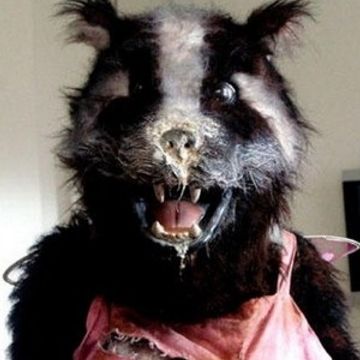
Bio
Delusional disorder is an uncommon psychiatric condition in which patients present with circumscribed symptoms of bizarre delusions, but with the absence of prominent hallucinations and no thought disorder, mood disorder, or significant flattening of affect.[1] For the diagnosis to be made, auditory and visual hallucinations cannot be prominent, though olfactory or tactile hallucinations related to the content of the delusion may be present.[2] To be diagnosed with delusional disorder, the delusion or delusions cannot be due to the effects of a drug, medication, or general medical condition, and delusional disorder cannot be diagnosed in an individual previously diagnosed with schizophrenia. A person with delusional disorder may be high functioning in daily life and may not exhibit odd or bizarre behavior aside from these delusions. The Diagnostic and Statistical Manual of Mental Disorders (DSM) defines six subtypes of the disorder characterized as erotomanic (believes that someone famous is in love with him/her), grandiose (believes that he/she is the greatest, strongest, fastest, richest, and/or most intelligent person ever), jealous (believes that the love partner is cheating on him/her), persecutory (believes that someone is following him/her to do some harm in some way), somatic (believes that he/she has a disease or medical condition), and mixed, i.e., having features of more than one subtypes.[2] Delusions also occur as symptoms of many other mental disorders, especially the other psychotic disorders. The DSM-IV, and psychologists, generally agree that personal beliefs should be evaluated with great respect to complexity of cultural and religious differences since some cultures have widely accepted beliefs that may be considered delusional in other cultures.[
london Other / Unknown
Member since: 15 Mar 2010
Followed By 7
Statistics
| This Week | Total | |
|---|---|---|
| 2 | 741 | |
| 0 | 28 | |
| 0 | 0 | |
| 0 | 11 |
